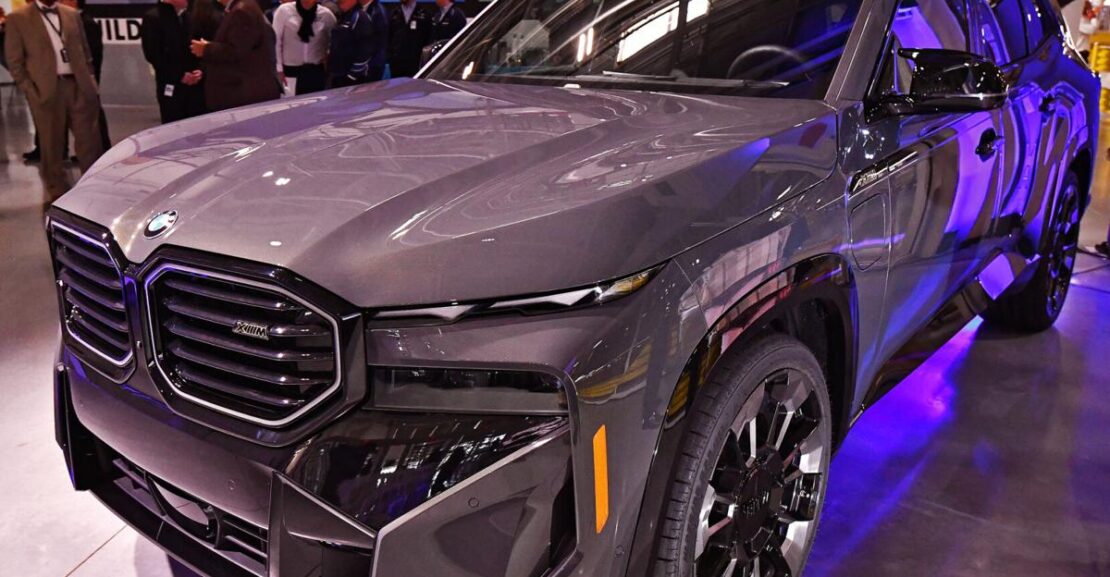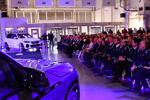[ad_1]
Electric vehicles aren’t a panacea to … well, to anything.
They don’t reduce traffic congestion or the need to spend billions of dollars repairing and expanding our highways, the way mass transit, ride sharing and more walkable and bicycleable communities can. To the contrary, they make it more difficult to pay for the necessary upgrades, because despite some modest steps, politicians here and elsewhere have been unwilling to change our tax laws to ensure that vehicles using little or no gasoline pay their fair share for those improvements.
They aren’t really green, since their power comes from power plants, too many of which are burning fossil fuels such as natural gas or, worse, coal.
But as we noted recently, you can’t drive an entire society from black to green in one fell swoop, and electric vehicles do reduce our reliance on the dirtiest fuels. Significantly. That has the short-term benefit of making it easier to breathe in congested urban areas. And of course it has the mid- to long-term benefit of slowing the rise in global temperatures that is endangering the health of humans, animals and plants and driving the sea level rise that threatens the very existence of peninsular Charleston and so many other coastal communities.
And in South Carolina, electric vehicles are about to start producing more jobs — potentially a lot more jobs.
Our state’s original auto superstar, BMW, announced this month that it is investing $1.7 billion in Spartanburg County to ramp up its electric vehicle production. Although that’s expected to create only about 300 jobs, it’s central to the company’s goal of increasing the share of fully electric vehicles in its fleet by 10 percentage points every two years and building six fully electric models by 2030, when half of its vehicles will be fully electric.
BMW’s investment alone will nearly triple the electric vehicle investment in the state from just last year, and it follows Volvo Cars’ announcement that it will build a new electric SUV at its facility near Ridgeville. And it was followed quickly by Bosch’s announcement last week that it was spending $260 million and adding 330 workers at its Dorchester County plant to build electric motors for pickup trucks.
Potentially as significant, a Japanese company announced that it will spend $2 billion to open a battery component production facility in South Carolina — The Post and Courier’s Andy Shain says it will be in Florence County — to supply BMW, employing as many as 1,300 workers. Envision AESC plans to make lithium-ion battery cells for BMW’s electric vehicles, and its announcement bolsters U.S. Sen. Lindsey Graham’s prediction that South Carolina could become “the Detroit of batteries … the place you come to if you’re looking to be part of the future of electric vehicles.”
Obviously, we welcome the latest moves by BMW, Volvo, Bosch and Envision AESC to create new jobs in South Carolina, by bear-hugging the EV shift, which in turn should lead to more supply-chain additions like the one coming to Florence County. Attracting more manufacturing is a key element to increasing our per-capita income, which leads to a host of advantages for workers and our entire society.
Equally if not more though, we applaud the announcements for the effect they should have on our state’s political and policy culture, as South Carolinians increasingly reject the “politically correct boondoggle” label that some extremists have put on the electric vehicle industry, and instead come to recognize what a jobs-generator the industry is.
The announcements dovetail with S.C. Gov. Henry McMaster’s executive order a week earlier directing seven state agencies to work with local governments and industry to build out a network of charging stations across South Carolina, which is considered essential to increasing the use of EVs in our state. As The Post and Courier’s Mike Fitts reports, there’s one electric vehicle charger for every 102 miles of road in South Carolina — compared to one every 45 miles in North Carolina and one every 34 miles in Georgia — and the Southeast trails the rest of the nation.
Of course, South Carolina isn’t the only or even the primary market for our state’s auto manufacturers, so more significant for our economy is the governor’s order directing state agencies to double down on preparing the workforce for electric-vehicle-related jobs, which he described as a way to keep up our state’s position as an industry leader by “strategically adapting as the industry innovates.”
“As the industry continues to move towards electric vehicles,” Mr. McMaster said, “South Carolina will move along with it — working to ensure that our state will continue to be seen as the ideal place for manufacturers and suppliers to do business. Along with these investments comes good-paying jobs that our people will be ready to take on.”
Throw in a potential for a longer life above water for Charleston, and it’s hard to see a downside to that combination.
[ad_2]
Source link






